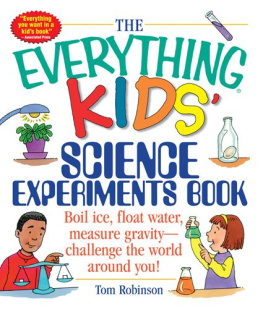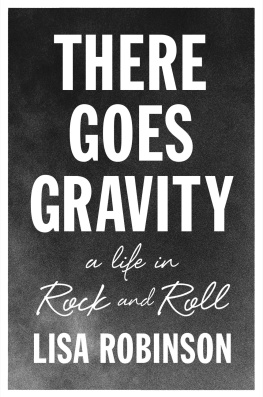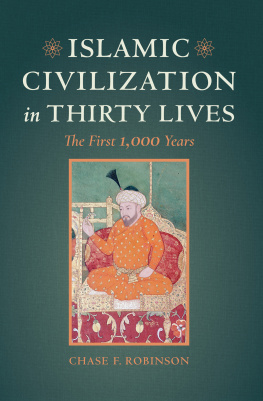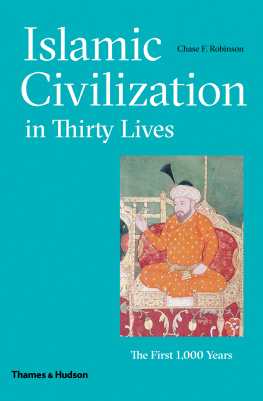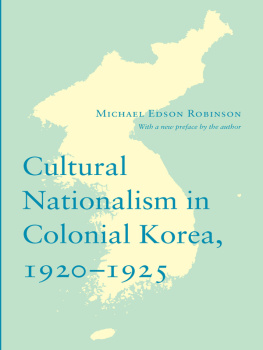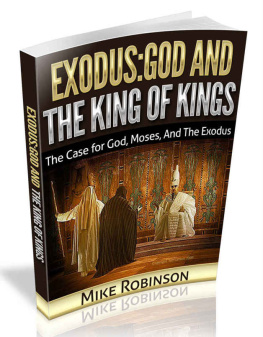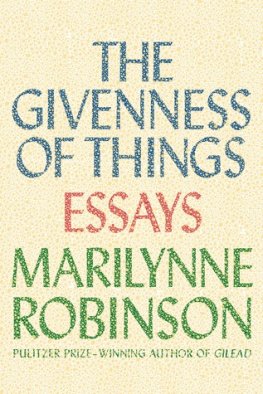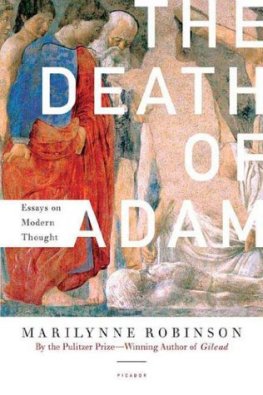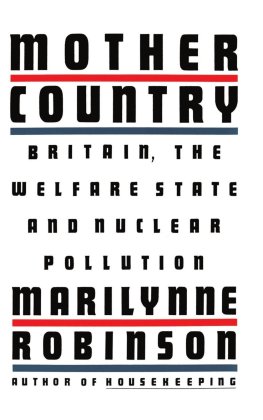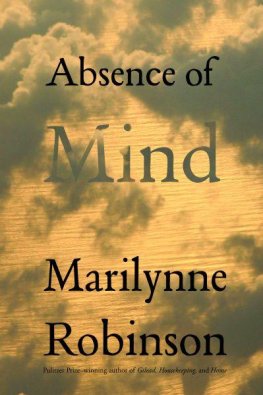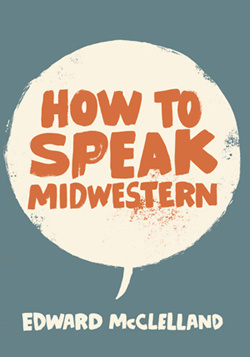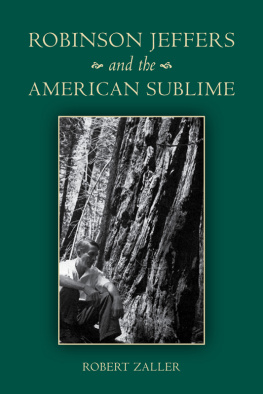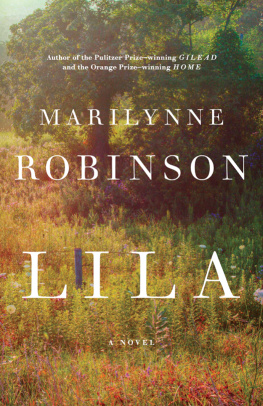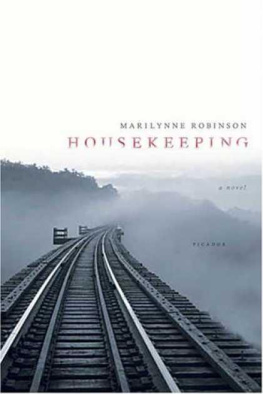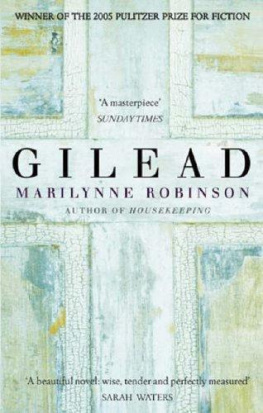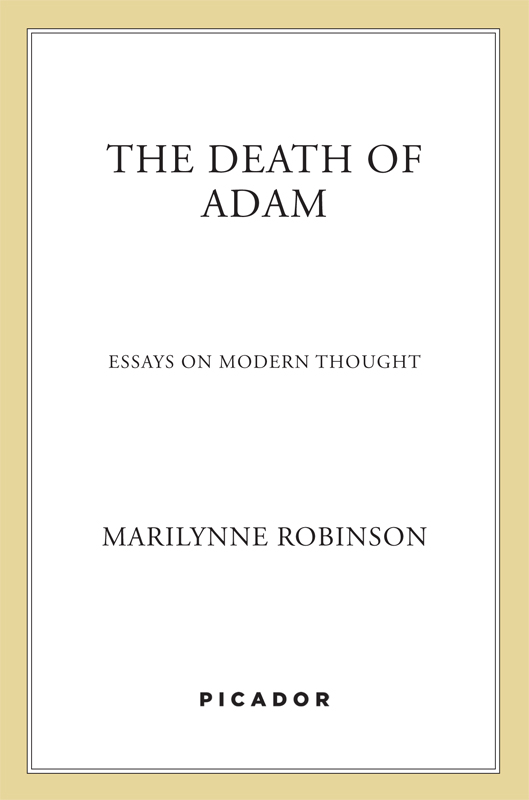
The author and publisher have provided this e-book to you for your personal use only. You may not make this e-book publicly available in any way. Copyright infringement is against the law. If you believe the copy of this e-book you are reading infringes on the authors copyright, please notify the publisher at: us.macmillanusa.com/piracy.
CONTENTS
For
Frank Conroy
and
Connie Brothers
I NTRODUCTION
T HESE ESSAYS were written for various uses and occasions over a number of years. They have characteristic preoccupations religion, history, the state of contemporary society and they are, all of them, contrarian in method and spirit. They assert, in one way or another, that the prevailing view of things can be assumed to be wrong, and that its opposite, being its image or shadow, can also be assumed to be wrong. They undertake to demonstrate that there are other ways of thinking, for which better arguments can be made.
I often look at primary texts, books generally acknowledged to have had formative impact, because they are a standard against which other things can be judged, for example the reputations of these same works, or the reputations of those who wrote them, or the cultures that produced and received them, or the commentaries and histories which imply that their own writers and readers have a meaningful familiarity with them. If the primary text itself departs too far from the character common wisdom and specialist wisdom (these are typically indistinguishable) have ascribed to it, then clearly some rethinking is in order.
In these essays I launched on what looks in retrospect to have been a campaign of revisionism, because contemporary discourse feels to me empty and false. I assumed, I was educated to believe, that I would live my life in a civilization of expanding comprehension. The old lost myth of civilization is that it unfolds, that it opens up the realizations of which it is capable, that it instructs itself. Obviously this is in some degree an idealization. But there seemed good grounds to hope that I would learn from the collective life new things about aesthetics, and justice, and language, and social order about the human project, the human collaboration, about the expression of human exceptionalism in the arts and sciences that declare the strange exhilarations of our strange life on earth. Granting evil, which it seems a dangerous error to consider solvable, human civilizations have created abundant good, refining experience and circumstance into astonishingly powerful visions and dreams, into poems and music which have fallen like a mantle of light over our mere human weakness.
What use are these things, after all? We live in an age of neo-Hobbism, and this is considered a respectable question. Of course, absent these human tentatives there is no way to speak of use, a word that implies the preferential subordination of some conditions or outcomes to others which implies value, in other words. If all that has happened on this planet is the fortuitous colonization of a damp stone by a chemical phenomenon we have called life, then there is no case to be made for utility. If our myths and truths are only another exotic blossoming, the free play of possibility, then they are fully as real and as worthy of respect as anything else. Or if use or value in this demythologized context signifies the adaptation of a creature to its circumstances, however gratuitous they may be, then even the universal human predisposition to create and value myths must be assumed to be a form of adaptation, therefore true in the sense and in the degree that these myths make an effective response to some exigency of being.
It all comes down to the mystery of the relationship between the mind and the cosmos. Those who would employ reductive definitions of utility or reality credit their own perceptions of truth with fundamentalist simple-heartedness, brooking no allusion to complexities and ambiguities and countervailing experience. But if the mind is able to tell us what is true, why not credit its attempts at higher truth? And if its intuitions in these matters seem often to be in error, even to those who do not by any means wish to dismiss them, are not its intuitions always very substantially in error even in matters of science or economics? Is it not in fact a very naive conception of reality, and of its accessibility to human understanding, that would exclude so much of what human beings have always found meaningful, as if by this means fallibility or error or delusion could be localized and rejected?
It seems to me that there is now the assumption of an intrinsic fraudulence in the old arts of civilization. Religion, politics, philosophy, music are all seen by us as means of consolidating the power of a ruling elite, or something of the kind. I suspect this is a way of granting these things significance, since we are still in the habit of attending to them, though they are no longer to be conceded meaning in their own terms. If they have, by their nature, other motives than the ones they claim, if their impulse is not to explore or confide or question but only to manipulate, they cannot speak to us about meaning, or expand or refine our sense of human experience. Economics, the great model among us now, indulges and deprives, builds and abandons, threatens and promises. Its imperium is manifest, irrefragable as in fact it has been since antiquity. Yet suddenly we act as if the reality of economics were reality itself, the one Truth to which everything must refer. I can only suggest that terror at complexity has driven us back on this very crude monism. We have reached a point where cosmology permits us to say that everything might in fact be made of nothing, so we cling desperately to the idea that something is real and necessary, and we have chosen, oddly enough, competition and market forces, taking refuge from the wild epic of cosmic ontogeny by hiding our head in a ledger.
I want to overhear passionate arguments about what we are and what we are doing and what we ought to do. I want to feel that art is an utterance made in good faith by one human being to another. I want to believe there are geniuses scheming to astonish the rest of us, just for the pleasure of it. I miss civilization, and I want it back.
I propose that we look at the past again, because it matters, and because it has so often been dealt with badly. I mean the past as a phenomenon has been dealt with badly. We have taken too high a hand with it. By definition it is all the evidence we have about ourselves, to the extent that it is recoverable and interpretable, so surely its complexities should be scrupulously preserved. Evidence is always construed, and it is always liable to being misconstrued no matter how much care is exercised in collecting and evaluating it. At best, our understanding of any historical moment is significantly wrong, and this should come as no surprise, since we have little grasp of any present moment. The present is elusive for the same reasons as is the past. There are no true boundaries around it, no limit to the number of factors at work in it. When contact between indigenous people in America and the earliest European explorers led to the catastrophic destruction of the native population of this continent by disease, on one side there were whatever transient circumstances of climate or geology permitted and then prevented the movement of people between the Americas and Eurasia; and, on the other side, the Crusades, the plagues, the development of dense urban civilizations in Europe, every circumstance that had toughened Europeans to pathogens that would be deadly to people with another history. As European history, this depopulation was not intended, understood, or remembered. Yet it is certainly fair to assume that the history of European settlement of North America, with all that has entailed, would have been radically different if there had been twenty times as many indigenous people here to resist the encroachment. We now can easily imagine someone somewhere urging along mutation in a bacterium with the thought of improving an industrial process or carrying out some limited, decisive act of war. We can imagine an error, and unintended consequences on a global scale. Modern economic, political, and technological history would be fully implicated in that event. The idea that all history is parochial should be understood to mean only that all history is defective. It must not be taken to justify the very kind of error that makes the enterprise so often futile or dangerous, and surely not to suggest that the problem can be solved or avoided, rigorous as the attempt to do so must be.


